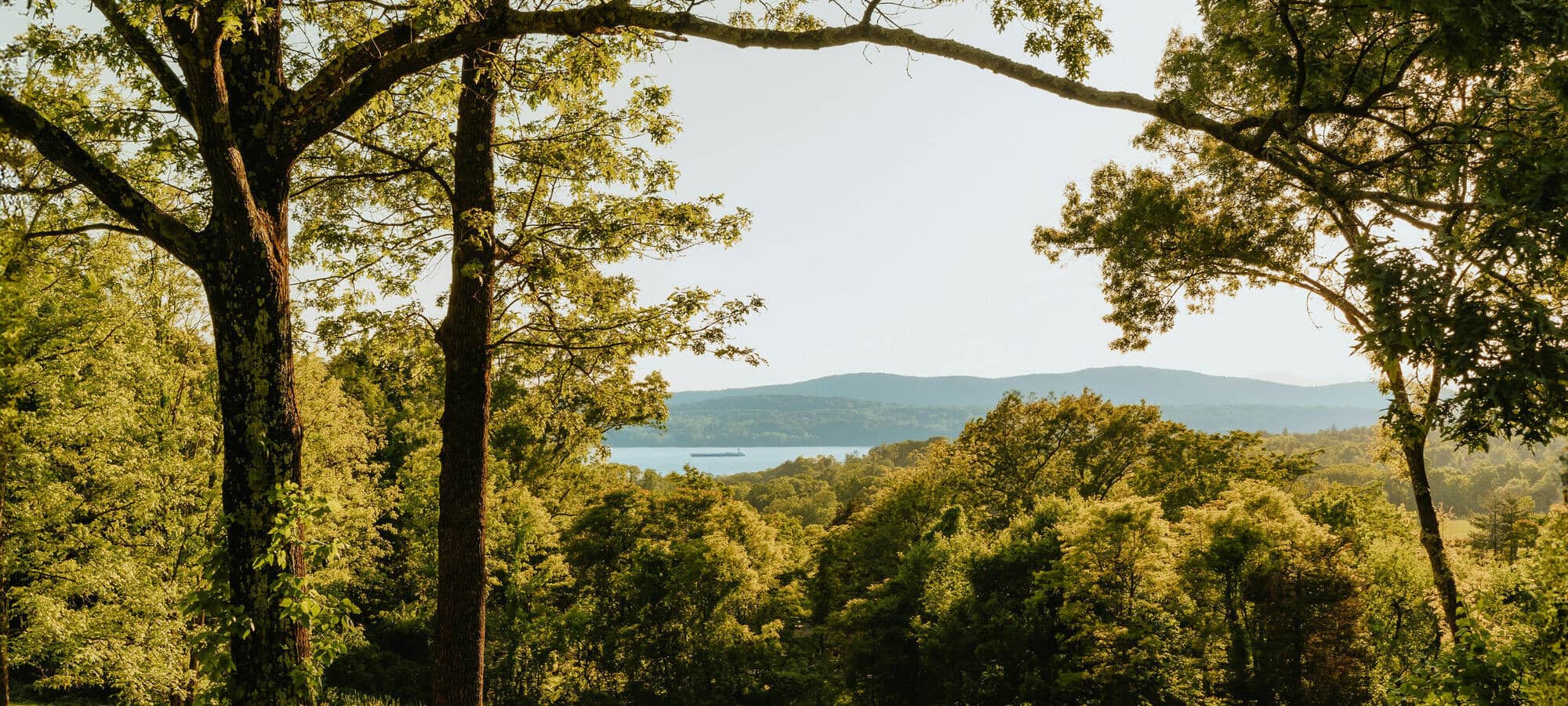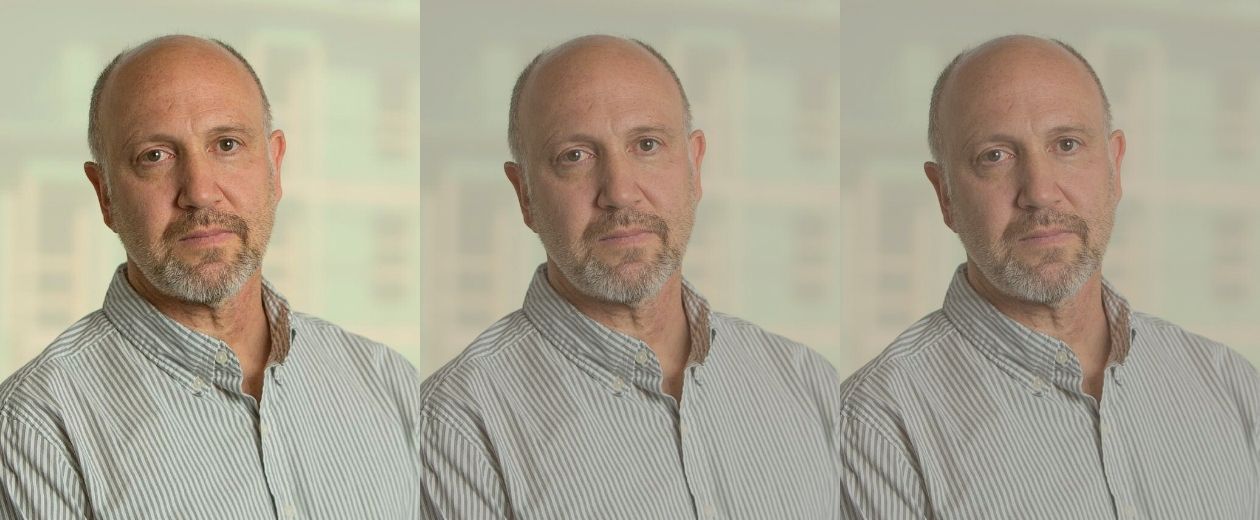Full disclosure: I write this at a moment in time, mid-summer 2024, when my optimism is in short supply and the daily fight to avoid the dark forces of cynicism feels very much like a losing battle. A frightening number of the good things I associate with the United States seem poised to collapse under the rise of MAGA extremism and the numerous short-comings of our country, faults I had always hoped we were on a slow path towards fixing, seem to only be getting more pronounced. All of which is to say that as much as I’ve learned about America, these days it’s hard to shake the feeling that I don’t know it at all.
Nonetheless, these are the things that I feel most confident in saying I do know about the country I was born into.
Five Things I’ve Learned About America
- Americans are happiest staying close to home.
Americans are not a particularly curious or adventurous people which is ironic considering the majority of its citizens came here from far-flung corners of the planet. But perhaps it’s this fact, that so many of our people came here under duress, leaving their homes not because they wanted to but because their lives there were unsustainable, that causes us to want to stay put. When push comes to shove it seems Americans prefer Disneyland’s Germany to crossing the ocean and seeing the real thing.
The typical American doesn’t have a lot of interest in what is happening in the rest of the world, preferring domestic news over international affairs. What we do know about other countries is often learned from images painted with a wide brush by the entertainment industry. Compared to other countries, we have a very low foreign language proficiency and if by chance we do leave the country, we assume that English will serve us just fine.
As for our familiarity with the history of people outside of our own country, if it isn’t a part of our own history, we’re unlikely to know much about it. A frightening number of Americans would be unable to find most countries on a map and outside of perhaps Egypt and South Africa wouldn’t be able to name a single country in the continent of Africa.
Lack of curiosity born of the hubris and arrogance of power is a building block of xenophobia and seems in many ways central to our current flirtation with fascism. - The value Americans place on individuality and self-determination is a double-edged sword.
Americans love a Horatio Alger pull-yourself-up-by-the-bootstraps story. We like to believe that regardless of our circumstances, hard work, perseverance, vision and drive will manifest in success. Above all else we believe in self-determination, the right to control our own destinies. Government should stay out of the way, if you need helping hand you are weak. The only one who can help you is you.
There is an upside to all of this of course. Individual autonomy is important and is not only an essential component of creativity but is also central to the high value we place on our most cherished rights of free speech and a free press. The recognition that citizens are individuals with individual rights makes us wary of too much government intrusion in our lives and suspect of invasions of privacy, all of which serves us well at a time when new technologies make it increasingly easy for our every move and action to be tracked.
There is a cost though to placing too high an emphasis on the place of individual self-determination. Social institutions are not the enemy, or at least they certainly don’t need to be. There is a selfishness and lack of compassion to the American championing of Ayn Rand style success myths. The demonization of the word ‘Socialism’ in current American political discourse is on one hand reflective of our deep distrust in government interference but it is also a manifestation of capitalism’s need to perpetuate the myths of equal opportunity and self-determination. And, of course, one need look no further than our insane obsession with guns to see the down side to our love of individualism. Free speech is one thing but extending this idea to allow anyone and everyone to carry automatic weapons is, to say the least, clearly not working for us.
- Anti-Intellectualism is America’s Achille’s heel.
When Adlai Stevenson ran for president against Eisenhower in 1952 many people thought it was his intellectual airs that cost him the election. Eisenhower’s team gave him the moniker “Egghead Adlai” and his campaign could never shake the image that he was a detached academic. This strain of anti-intellectualism has long been a part of our national character, from the 1925 Scopes trial to today’s vaccine conspiracy theorists, Americans often regard the authority of the educated in suspicion or outright disdain.
We champion the ‘ordinary folk’ and think common sense is all it takes to get things done right. We grossly underfund our schools, libraries and museums, while at the same time demonizing them and criticizing what little money that is spent on them as being wasteful and contributing to moral depravity. Perhaps most frighteningly, Americans willfully ignore the simplest scientific evidence that points to the imminent tipping point of our global climate crisis, dismissing hard evidence as a hoax as we slowly, like the proverbial frog in boiling water, cook to death.
- American’s value quantity over quality.
If given a choice, and we usually are, American’s will almost always choose to super-size it. We like large portions at low prices, nutritional value be damned. A ten-gallon tub of Cheetos? No problem, Costco has it. Need a car to get to work, take the SUV with the five empty seats. Bathrooms? No house should have fewer than three, regardless of how many people occupy it. We like things big. Big spectacle movies with no plot and big menus with countless options. In America quantity IS quality. We would rather buy it big, fast and cheap than pay a little more to have better quality and a longer life. To paraphrase the old Jewish Joke, ‘the food at this place is terrible.’… ‘I know, and the portions were so small!’.
- America’s diversity is our greatest virtue.
Despite all it has going against it, and despite our current anti-democratic flirtations with fascism, the one thing I learned about America long ago (ironically, by travelling and seeing other countries) is that we are a population more diverse than any other and that this is our saving grace. At the risk of trafficking in cliches, when one takes America as a whole, it really is a rich tapestry made up of a wide variety of cultures and one that continues to grow with each successive wave of immigrants.
American diversity, while seemingly always under attack from assimilated generations that resent having to share their piece of the pie with the newest immigrants, continues to enhance the country. We are a nation that perhaps above all others speaks to the importance of allowing multiple voices and a diversity of thought and culture to insure not only economic growth but spiritual growth as well. One can only hope that this most recent rise of Christian nationalism, xenophobia, authoritarian rule and anti-democratic sentiment can be beaten back by the forces of those who cherish this most unique and positive of American qualities. If our diversity doesn’t save us, nothing will.
– Oliver Wasow

